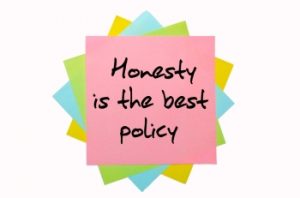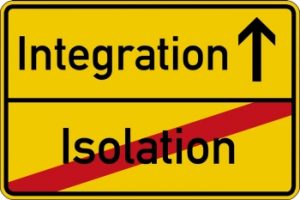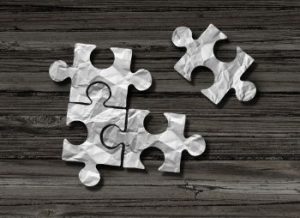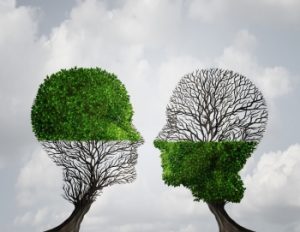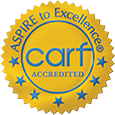After a lifetime of lying to varying degrees and for a variety of reasons, one of the biggest challenges in early sobriety was to form the habit of honesty. Looking at the areas my life in which I had been dishonest and the narratives that I had formed within myself, along with the need to dismantle each of them, seemed like a daunting task.
What I was told early on was that honesty is one of the most respected and crucial of all spiritual principles and moral characteristics. There is an old adage expressed in many ways that essentially states “it takes 20 years to build a good reputation and five minutes to destroy it”. This especially rings true when we consider the damaging power of dishonesty. Many of us who spend years in active addiction typically do not enter recovery with a well-intact reputation. Therefore, it stands to reason that practicing honesty in recovery is crucial to building the new lives we desperately seek.
First and foremost was the need to get honest about the nature of my alcoholism and addiction, and the extent to which it had altered the way I functioned in life. I had to come to terms with the fact that I had lost all control and choice in the way that I drank and got high. When I got honest with myself, I was able to start recognizing how insane and unmanageable my life was while drinking and getting high. I spent years telling myself and others that everything was “fine” and “normal”. Once sober, I had to look at how this wasn’t true. This was the premise of Step One.
Then I had to take a hard look at the patterns of my thinking and patterns of my behaviors, to recognize that left to my own devices I did not know how to maintain a healthy way of living. I had spent my entire life unconsciously committed to the belief that what I thought was best for myself was in fact what would take care of myself best. I believed that I was the only one looking out for myself and that my own thinking was the only solution. When I began to get honest with myself in recovery, particularly how these beliefs were self-limiting and proven untrue, I was able to begin listening to how other people thought. People in a recovered state of mind. I was able to hear different perspectives on the same problems that I had been experiencing and the new thinking I heard made suggestions on how to approach the same problems differently. The commonality in much of what I heard had to do with opening myself up to the idea that I had to start relying on power that was greater than just myself. Whether that was a power of other, sober people who had found a solution; or a power even great – one of the world, the universe, or of spirituality. What I learned was no matter what that power was, I had to stop lying to myself that it wasn’t there. I had to admit that I had been fooling myself into thinking that I, and I alone, had the power to recover from my addictions. This was the premise of Step Three.
The key to breaking away from dishonesty, the lies that I told myself consciously and unconsciously, was to start recognizing that my own thinking was not necessarily fact or truth. That my own thinking was the same thinking that led me to make the same poor decisions and commit the same compulsive actions time and time again, knowing where it would lead me. Even more jarring to see was that the way in which I was living was solely for the purpose of my own selfish desires and had no benefit to those around me. In recovery I got down to the root causes and conditions of how my dishonesty, selfishness, self-centeredness, and fear had led me to the person I was today. Taking an honest inventory gave me an honest perspective on all areas of my life. This was the premise of Step Four.
I was able to see where my patterns of dishonesty had been born from and the fears that kept them alive and well. I learned which defects of character had evolved over time and how self-deception and self-centeredness continued to drive them. Every undesirable trait I had, I found served only my own sick self and was of no usefulness to others. I got honest with myself regarding which of these traits were no longer acceptable to me and which I desired to be rid of with the purpose of becoming useful to others and productive in my own life. This was the premise of Step Seven.
Honesty has allowed me to show up to, and participate in, my life in an authentic and intimate way that I had never thought possible. I have been able to earn the trust of those I care about and develop a reputation of being reliable and compassionate. I was able to clean up a lot of damage that I caused over the years and experience the same people, places, and things with a different mindset. I have walked through all that life offers with a sense of ease and peace of mind. This is the premise of Step Nine.
Honesty is the first tool I can utilize today to unblock myself from everything that stands in the way of my connection to others and the universe at large. Honesty continues to keep me emotionally available and sober in a way that I was unable to do when I was drinking and getting high. In recovery we begin to understand and adopt an entire line-up of spiritual principles that assist us in becoming the people we want to be. Honesty is essential to this process.

